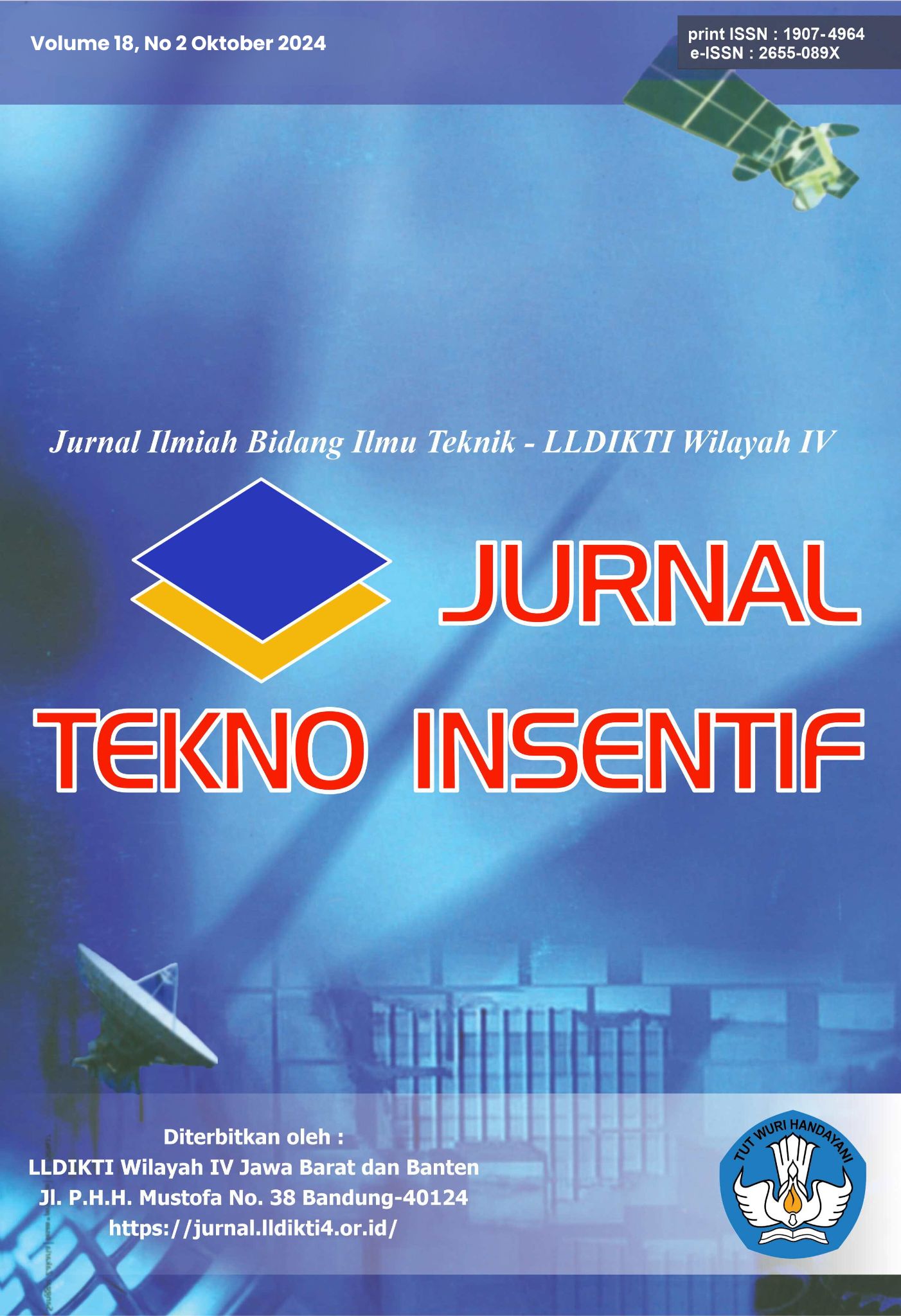The Effect of Variations in The Composition of Coffee Grounds and Cocopeat Powder on The Characteristics of Briquettes With Tapioca Flour as A Binder
Abstrak
Biomass energy can be employed as a substitute for fossil fuels in energy systems: it is relatively sulfur-free, so it does not cause air pollution, and it can be used continuously due to its renewable nature. In this study, the production of biomass briquettes were carried out using coffee grounds and cocopeat powder as the base materials. The method involved making briquettes from coffee grounds and cocopeat powder with percentage ratios of 80%+20%, 60%+40%, 40%+60%, also 20%+80% using tapioca flour as a binder. The pressing was done at 50 kgf/cm², with carbonization of coffee grounds and cocopeat powder at 180°C for 60 minutes. Based on the testing results, the best variation was 60% coffee grounds and 40% cocopeat powder with a calorific value of 5196.25 cal/g, moisture content of 9.62%, ash content of 8.11%, carbon content of 50.2%, volatile matter of 67.4%, and a burning rate of 0.1978 grams/minute.


















